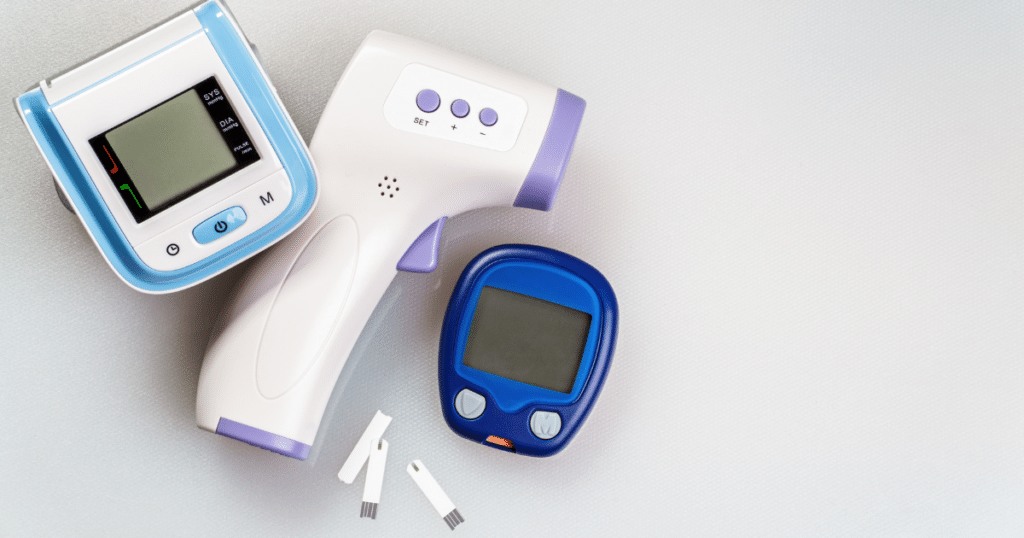As part of any SSI or SSDI application process, it will almost certainly be necessary to include a letter or forms completed by your doctor. This shouldn’t be just any letter. To be most helpful, each letter must meet specific requirements. In order to make the process a bit easier for you, we offer some tips and guidance here.
Start with the Right Doctor
It is important to understand that some doctors do not feel comfortable assisting with disability applications. Before you begin, be sure to make an appointment with your doctor to discuss your disability situation if you have not done so in the past. The doctor who writes your letter must have a firm understanding of your limitations and the ways in which you qualify for disability benefits.
Another essential step is to determine whether or not they are willing to complete the necessary paperwork and write a letter for your application process. Doctors are busy, and some do not care for additional paperwork – they might refuse to assist with the disability application. This is helpful to know before you move forward with your benefits process. You should express exactly what is expected of them throughout the process and ask them whether or not they would be willing to help. It is better to find out in the early stages that your doctor is unwilling to help so you can find another one of your doctors who is willing to help with the process.
Ask Several Doctors
If your primary doctor does not wish to complete the paperwork or does not support your efforts, you can always ask other doctors. Many people with various physical, mental or emotional limitations have more than one doctor. You can always ask any or all of them about helping you with the letter. If one doctor is too busy or does not like paperwork, try another. Be persistent and don’t lose hope if at first you don’t succeed.
In the case that none of your doctors are cooperative, you can always find a new doctor. You may have to travel to find one who will help. It is also possible to seek out a nurse practitioner or visit a specialist if you can afford to do so or if your insurance will cover the appointment. An advocate or your state or local disability benefits community can also be of assistance to help find the right doctor. If you are regularly treated by a therapist, physical therapist, social worker, physician assistant, or other provider, it may be helpful to ask them for a statement in support of your disability application.
Make the Process Easier for Doctors
To be fair, very few people in this world enjoy paperwork. A doctor may be hesitant to assist simply because they feel it will be too much work. If you have maintained good records of your past treatment, that could be very helpful, because it makes things easier for the doctor.
Doctors usually also appreciate it when a patient has created a list of medical tests that have already been done that are relevant to the situation. This list should be brief and include dates, locations and results, particularly abnormal results. It is a good idea to bring copies along in case they do not have access to them immediately. You should also put together a condensed overview of your medical history. This should include all of your medical records rather than simply those that are accessible online. This isn’t always easy, but if you can do it, it’s worth making the effort.
Include the Proper Information
Doctors are experts in medicine and treatment – but rarely are they experts on the policies of the SSA. As a result, it will improve your chances of a doctor completing a great letter if you provide your doctor with a guide that outlines the essential points to include in a disability letter.
The letter must include these essential, specific points, for approval by the SSA, including:
- Basic medical information, including your medical conditions, both physical and mental
Information on your abilities and functions (for example, what you can and can’t do on a full-time basis) - Medical evidence supporting your claim
- Valid signature
- The letter should clearly describe your condition, the diagnosis, the date it began, any diagnostic procedures, former and current treatments, the short and long-term realities of your limitations, whether or not the condition will become worse or improve over time, and.
- It is important that the letter includes factual, unbiased evidence and their professional opinion that you qualify for disability benefits.
- Your doctor should cover the ways in which you are limited in your daily life, such as standing, walking, or carrying heavy objects, and the results of abnormal test results.
Set Yourself Up For Success
Again, it is helpful to ask the doctor before they write the letter that they are interested in supporting you in your claim. A good doctor’s letter can improve your chances for disability benefits greatly in many cases. Be sure that you find the right doctor and make the process as easy as possible to improve your chances of receiving a supportive letter in a timely manner.
This article is presented for general information purposes only. Nothing in this article should be taken as medical advice. Medical decisions (including whether to start, stop, or modify any treatment plan) are extremely important and should always be made with the advice and counsel of a qualified medical professional.

Linda Cosme formerly served as a Member of the Appeals Council (AC) for the Social Security Administration (SSA), and Program Expert for the Social Security Administration and Disability Quality Branch (DQB). Ms. Cosme also served as a Quality Assurance (QA) Reviewer, Initial Disability Examiner, Reconsideration Disability Examiner, and Continuing Disability Examiner (CDR) for the Disability Determination Services (DDS). She is admitted to practice law in Arizona, Georgia, and the United States Ninth Circuit Court of Appeals.






